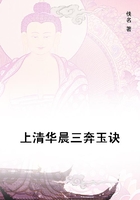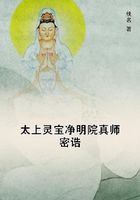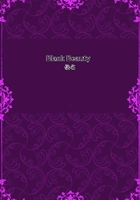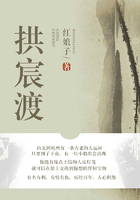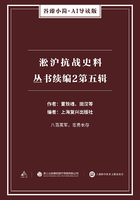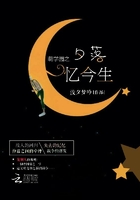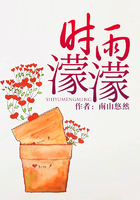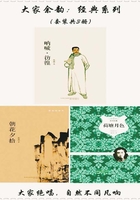Suppose I attribute to the Supreme Being understanding, for instance; I have no concept of an understanding other than my own, one that must receive its perceptions [ Anschauung ] by the senses, and which is occupied in bringing them under rules of the unity of consciousness. Then the elements of my concept would always lie in the appearance; I should however by the insufficiency of the appearance be necessitated to go beyond them to the concept of a being which neither depends upon appearance, nor is bound up with them as conditions of its determination. But if I separate understanding from sensibility to obtain a pure understanding, then nothing remains but the mere form of thinking without perception [ Anschauung ], by which form alone I can know nothing definite, and consequently no object. For that purpose I should conceive another understanding, such as would directly perceive its objects, 36 but of which I have not the least notion; because the human understanding is discursive, and can [not directly perceive, it can] only know by means of general concepts. And the very same difficulties arise if we attribute a will to the Supreme Being; for we have this concept only by drawing it from our internal experience, and therefore from our dependence for satisfaction upon objects whose existence we require; and so the notion rests upon sensibility, which is absolutely incompatible with the pure concept of the Supreme Being. Hume's objections to deism are weak, and affect only the proofs, and not the deistic assertion itself. But as regards theism, which depends on a stricter determination of the concept of the Supreme Being which in deism is merely transcendent, they are very strong, and as this concept is formed, in certain (in fact in all common) cases irrefutable. Hume always insists, that by the mere concept of an original being, to which we apply only ontological predicates (eternity, omnipresence, omnipotence), we think nothing definite, and that properties which can yield a concept in concrete must be superadded; that it is not enough to say, it is Cause, but we must explain the nature of its causality, for example, that of an understanding and of a will.
He then begins his attacks on the essential point itself, i.e., theism, as he; had previously directed his battery only against the proofs of deism, an attack which is not very dangerous to it in its consequences. All his dangerous arguments refer to anthropomorphism, which he holds to be inseparable from theism, and to make it absurd in itself; but if the former be abandoned, the latter must vanish with it, and nothing remain but deism, of which nothing can come, which is of no value, and which cannot serve as any foundation to religion or morals. If this anthropomorphism were really unavoidable, no proofs whatever of the existence of a Supreme Being, even were they all granted, could determine for us the concept of this Being without involving us in contradictions. If we connect with the command to avoid all transcendent judgments of pure reason, the command (which apparently conflicts with it) to proceed to concepts that lie beyond the field of its immanent (empirical) use, we discover that both can subsist together, but only at the boundary of all lawful use of reason. For this boundary belongs as well to the field of experience, as to that of the creations of thought, and we are thereby taught, as well, bow these so remarkable ideas serve merely for marking the bounds of human reason. On the one hand they give warning not boundlessly to extend cognition of experience, as if nothing but world 37 I remained for us to know, and yet, on the other hand, not to transgress the bounds of experience, and to think of judging about things beyond them, as things in themselves. But we stop at this boundary if we limit our judgment merely to the relation which the world may have to a Being whose very concept lies beyond all the knowledge which we can attain within the world. For we then do not attribute to the Supreme Being any of the properties in themselves, by which we represent objects of experience, and thereby avoid dogmatic anthropomorphism; but we attribute them to his relation to the world, and allow ourselves a symbolical anthropomorphism, which in fact concerns language only, and not the object itself. If I say that we are compelled to consider the world, as if it were the work of a Supreme Understanding and Will, I really say nothing more, than that a watch, a ship, a regiment, bears the same relation to the watchmaker, the shipbuilder, the commanding officer, as the world of sense (or whatever constitutes the substratum of this complex of appearances) does to the Unknown, which I do not hereby know as it is in itself, but as it is for me or in relation to the world, of which I am a part. Sect. 58. Such a cognition is one of analogy, and does not signify (as is commonly understood) an imperfect similarity of two things, but a perfect similarity of relations between two quite dissimilar things. 38 By means of this analogy, however, there remains a concept of the Supreme Being sufficiently determined for us, though we have left out everything that could determine it absolutely or in itself; for we determine it as regards the world and as regards ourselves, and more do we not require.

